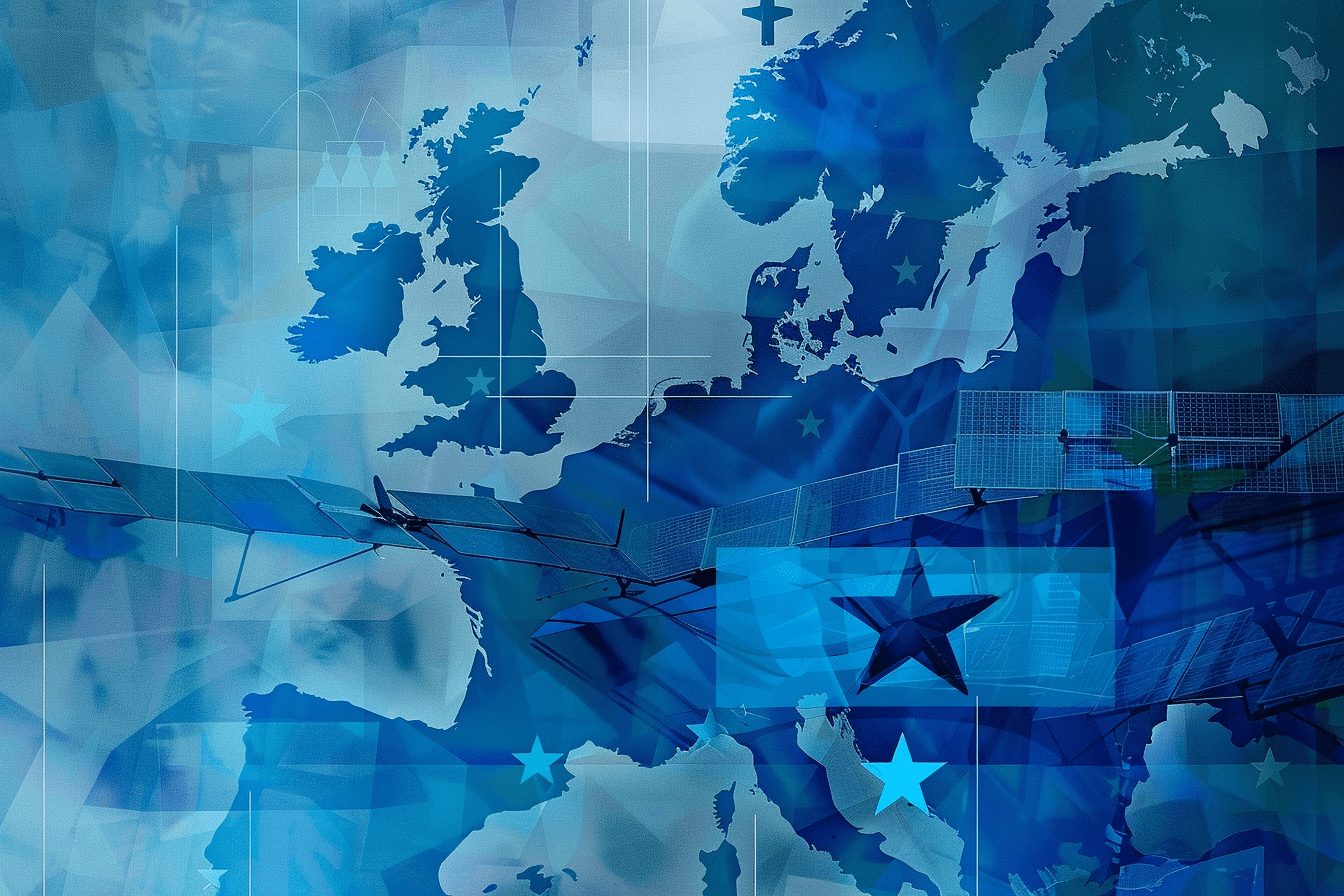The future of Defence Industry in the EU: How the UK Could be Associated with Capacity Building
To enable the United Kingdom to take part in programmes on procurement, standardisation, interoperability, and industrial cooperation, a new institutional framework is needed—potentially inspired by the EU–Switzerland committee model. A commentary by Jonathan Faull

-
FileCapacity Building - Faull.pdf (213.34 KB)
This intervention was delivered during a roundtable hosted in Brussels on 5 May 2025 by the Institute for European Policymaking at Bocconi University, focused on shaping a future EU–UK security and defence partnership. The event examined legal, institutional, and strategic dimensions of enhanced cooperation.
Executive Summary
This paper explores the prospects for integrating the United Kingdom into EU defence industrial and policy frameworks despite its third-country status post-Brexit.
While EU member states seek greater defence autonomy and industrial consolidation—especially in light of geopolitical pressures from Russia and the United States—the UK’s participation raises legal and institutional challenges.
As the EU’s defence policy is increasingly grounded in single market rules on procurement and standardisation, any UK association will require innovative solutions that respect both parties’ sovereignty.
Drawing on the precedent of EU–Switzerland cooperation, the paper suggests that a flexible, legally robust framework could allow the UK to engage in EU capacity-building initiatives without full legal alignment.
Mechanisms such as joint committees, decision-shaping roles, and arbitration tribunals could form the institutional infrastructure of such a partnership.
Political will on both sides is essential to overcome mutual reservations: the EU must move beyond precedent-based rigidity, while the UK must accept that sovereignty cannot mean isolation.
As threats to European security multiply, coalitions of the willing—within and beyond EU structures—offer a pragmatic path forward. A UK–EU agreement on defence cooperation is not only feasible but increasingly urgent and politically realistic.
“Europe” is a strange mixture of its states operating in various combinations, including but not limited to the European Union. Third countries have to engage with that messy reality. They - and “Brussels” – may wish it were different, and it may change over time, but in an emergency, they should find ways to make it work as it is.
IEP@BU does not express opinions of its own. The opinions expressed in this publication are those of the authors. Any errors or omissions are the responsibility of the authors.
